Author: Sam Trail
Date: September 22, 2024
September means: it’s back-to-school time! Big yellow buses once again make our commutes a little slower, and students huddle on street corners ready to catch a ride. As I see neighborhood children waiting to hop aboard, I find myself pondering who among them might be a budding marine biologist?
So this month, we have decided to play a guessing game with our readers! Many of our scientists answered the prompt “I should have known I would be a marine biologist when…” For some, the writing was on the wall quite early, and for others, the aha moment came later.
We challenge you to read the stories below and see if you can figure out who is who! At the end of the article, the scientists that took a trip down memory lane are revealed. Stay tuned for Part 2 next month - enjoy!
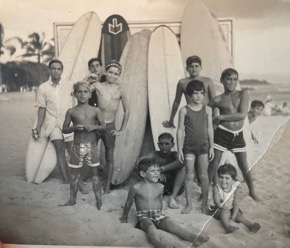
|
“I grew up in Hawaii and had a huge shell collection all sorted into different species (including frosted glass) in ½ gallon milk cartons cut in half. When I was tired of getting destroyed by big waves bodysurfing, while my brothers surfed, I combed the beach. Growing up, I was also always on a boat of some kind and on the sailing team in college.” ⏤ Sue Shee |
|
“My first biology class report in high school was on the symbiotic relationship between the clownfish and the sea anemone. I was fascinated by each animal’s behavior and how they coexist- not to mention their vibrant colors! I began studying and memorizing all the tropical fish species names. It was for class, but I thought it was for fun. There was no ocean in Ohio, so I brought the ocean to my room- I started a saltwater aquarium. I had no experience, but that quickly changed! I bought all the saltwater aquarium books, visited my local pet store, and did the research. Did I mention my room was decked out with seascape wallpaper and a turtle stool I made in wood shop? I guess there were a few signs... I kept saltwater aquariums through high school and college eager for the day I would spend time in the wild with these extraordinary animals.” ⏤ Marina Waters |
|
|
|
|
“In elementary school, I took a trip to the zoo and saw sea otters for the first time. Not only were they adorable, but I was also fascinated by the way they spun around on the surface of the water while eating; I kept watching until I realized that they spin to get all the food scraps off their tummy and still hold onto the food they haven't eaten yet! I felt like I had solved a huge mystery and was hooked on getting answers to all my questions. I also became obsessed with all things otter, both marine & freshwater species!” ⏤ Otterly Amazed |
|
“In high school, I was one of two Sophomores in the Marine Biology class that was otherwise filled with way cooler and older Seniors. I should have known I would be a marine biologist when, already on the outskirts of the social circle of the classroom, I volunteered to bring in fish heads from my dad's fishing trips for us to dissect in class. Also, when I volunteered to catch and eat a live grass shrimp on our seining field trip. Neither of these things were asked for by my teacher or peers.” ⏤ (Fish) Head of the Class |
|
“I never thought I would be a marine biologist when I was growing up in central Illinois. The nearest body of water was an old gravel pit that filled with enough water to be deemed a lake. That water was decidedly not clear and not salty. The fact that water could be salty, and one floats higher in salt water than freshwater were novel concepts. Yet animals and plants living in saltwater were things that I barely understood until the local pet store got its first saltwater fish tank. Then discovering that large bodies of water could be warm enough for reptiles was something I could not imagine. After 20+ years of not imagining, I went to graduate school where I met people who studied animals that live in salty oceans, read about marine sciences, set up research tanks with saltwater and live animals, and eventually, had a chance to see live animals living in blue ocean waters.”
⏤ Land Locked Lady
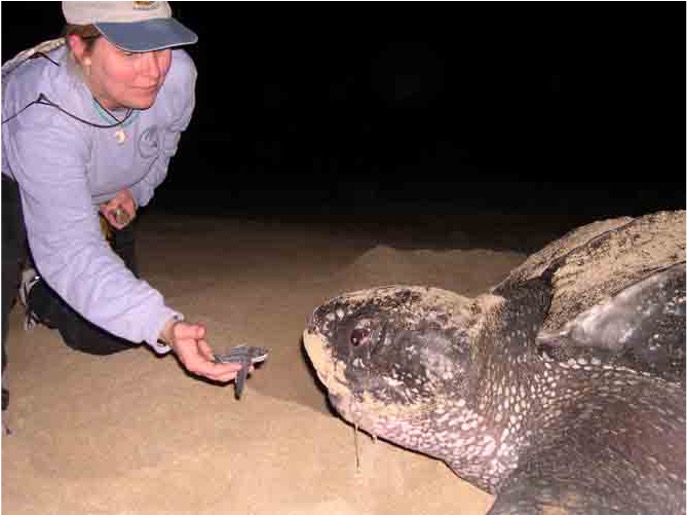
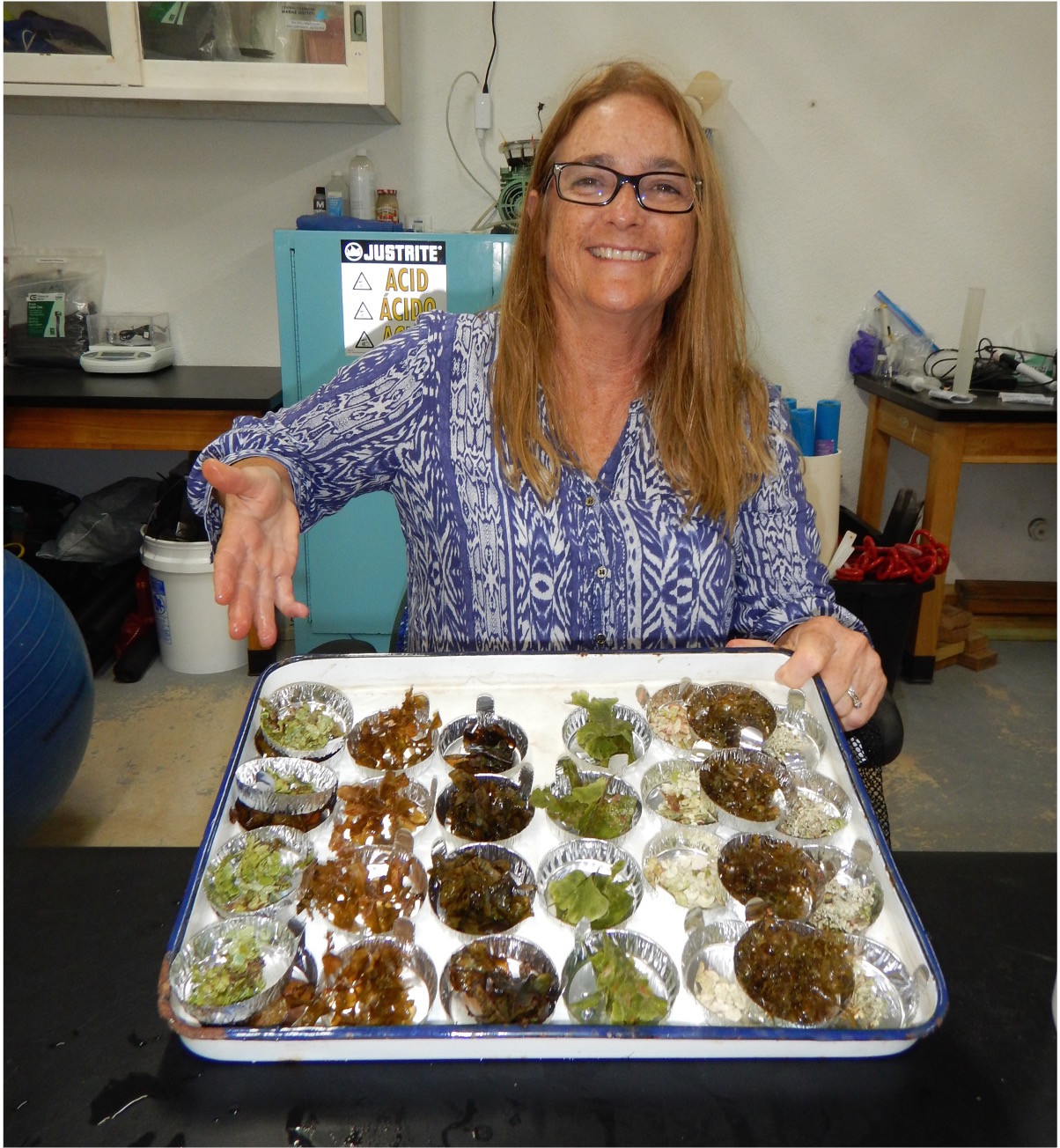
|
Sue Shee Dr. Marguerite Koch I am a professor in the FAU Biological Sciences department and now study tropical marine ecosystems with a focus on marine plant ecology, because marine plants are important habitats for numerous species, nutrient transformers, a food resource, and important primary producers. I also research how climate change affects marine plant sustainability and productivity.
|
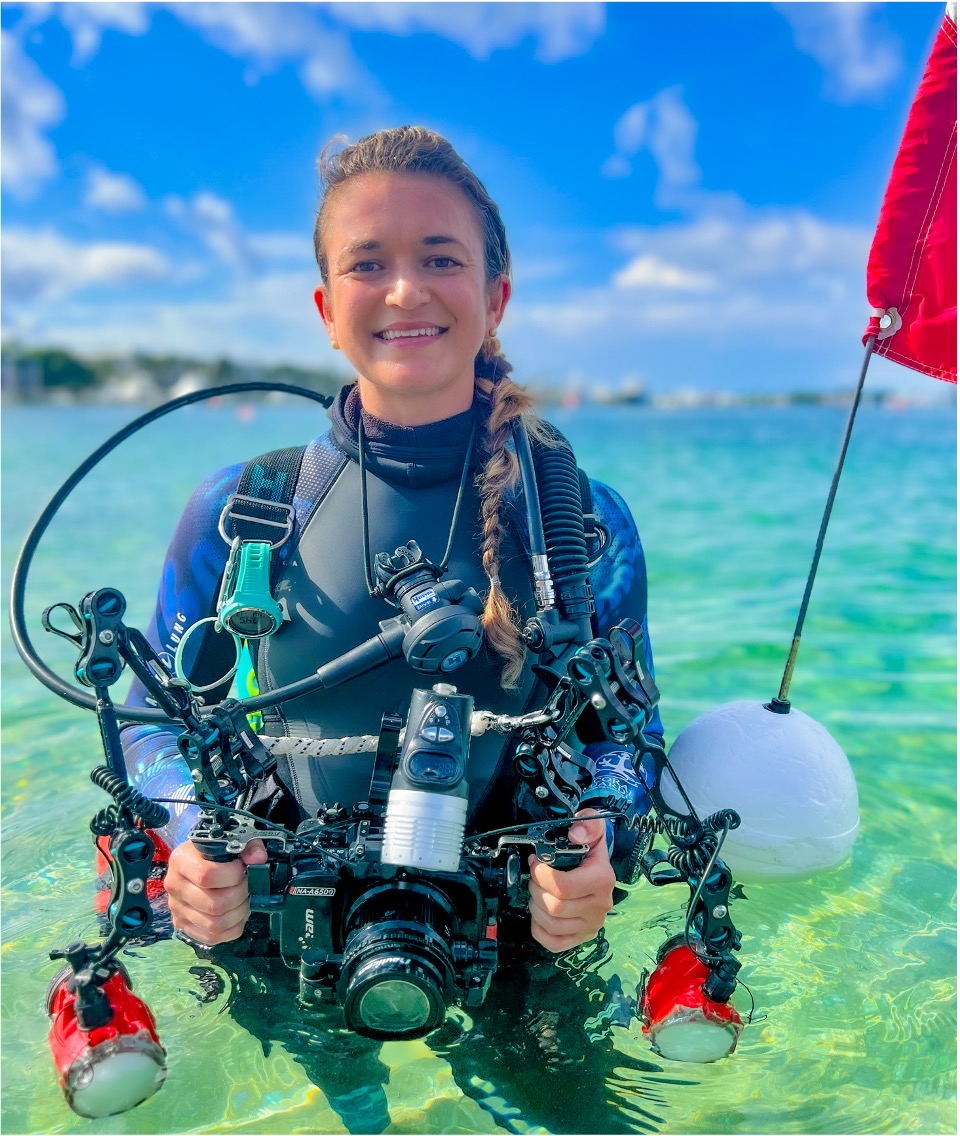
|
Marina Waters Dr. Chelsea Bennice Currently, I am a postdoctoral research fellow at the FAU Marine Lab studying the biology and ecology of arguably the most eye-catching marine animal- the octopus. My research is field intensive and spans from behavior, microbiology, genetics, to morphology. I’ve gone from a fish out of water to completely immersed in my octo-world. I also co-lead the Marine Lab’s education and outreach program Glenn W. and Cornelia T. Bailey Marine SEA (Science, Education, Arts) Scholars. Scientific outreach and communication have always been a big component of my passion. |
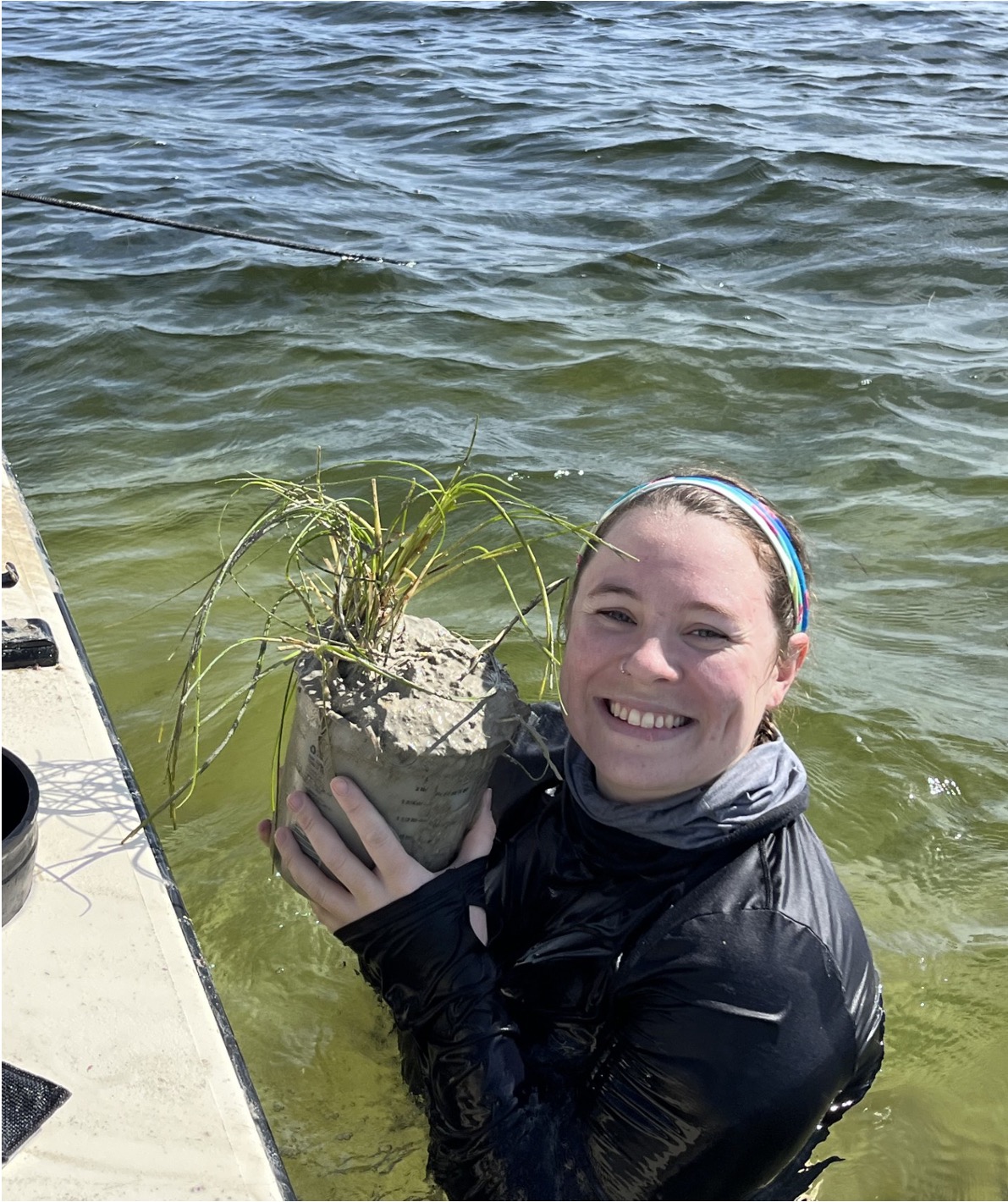
|
Otterly Amazed Alex Hoey I am a Masters of Science thesis student studying the oxygen dynamics of Florida Bay seagrasses and the sediment in which they grow. I am also a FAU Glenn W. and Cornelia T. Bailey Marine SEA Scholar & Marine Turtle Specialist at Gumbo Limbo Nature Center Complex, participating in sea turtle research and conservation. Marine turtles and marine plants – both are fascinating.
|
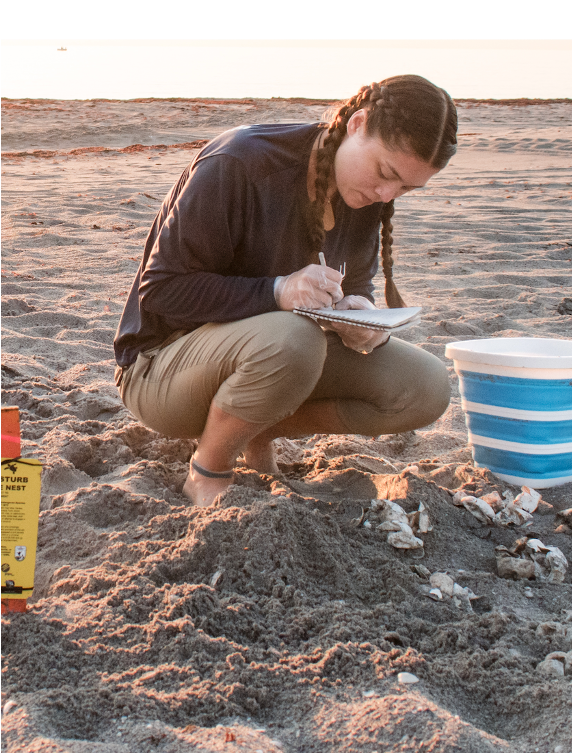
|
(Fish) Head of the Class Emily Turla I am a Ph.D. candidate studying why leatherback sea turtle eggs fail to hatch by assessing factors such as incubation temperature and moisture, fertility, and embryo vulnerability at various stages of development. I am also the Laboratory Coordinator at the FAU Marine Lab, where I manage all aspects of various research projects, including animal husbandry, undergraduate and graduate students, permitting, and more.
|
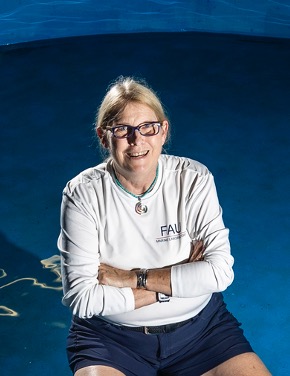
|
Land Locked Lady Dr. Jeanette Wyneken I am the Director of the FAU Marine Lab and a professor in the FAU Biological Sciences department. My research draws on approaches from several disciplines including conservation biology, functional morphology, ecology, and developmental biology to addresses how organisms, most notably marine turtles, interact with their environment, especially the salty ones!. |